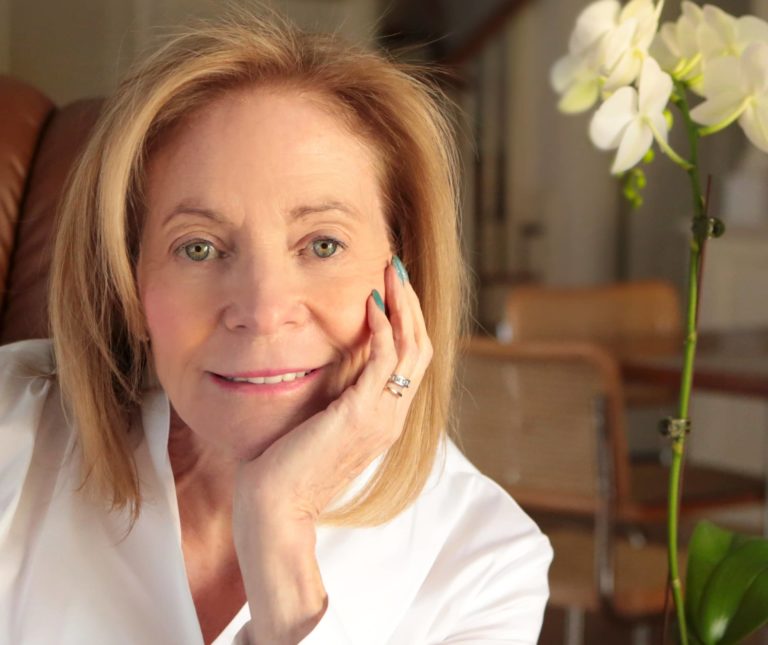By Helen H. Waldron, M. Ed
Unfinished learning speaks to the learning that was halted during the height of the pandemic. Some students disengaged while others learned less during the course of their studies. Many moved on to the next grade unprepared and missing important building blocks of knowledge and social experience.
While the far-reaching impacts of the COVID-19 pandemic affected almost every aspect of life, one area hit particularly hard is education. As school resumed, it seemed reasonable to expect two things: students will have made varying degrees of progress academically, and some version of a “COVID slide” will occur. We know there is variability in learning loss over the summer break, but adding in COVID interruptions, many students are experiencing unprecedented gaps in their education. The term, COVID slide, was introduced by Dr. Megan Kuhfeld and Dr. Beth Tarasawa in a 2020 policy brief, connecting the expected slip in progress due to COVID-19 with the established “summer slide” phenomenon.
According to two recent reports from the consulting firm McKinsey & Company and the NWEA, a nonprofit group that provides academic assessments, school-aged students are behind in math and reading. They looked at 5.5 million students to identify the educational gaps needing attention. The amount of unfinished learning varies significantly across schools and the study found on average students are four months behind in math and three months behind in reading. A recent UNICEF report projects that pandemic-related learning loss could cost today’s students seventeen trillion dollars in lifetime earnings worldwide.
Furthermore, students missed out on a significant period of socialization with peers as they learned remotely. Their social and emotional growth was interrupted and there is a growing concern for the mental health challenges that are on the rise.
How can parents help? Consider a summer program for your children. Summer sessions and camps offer rich opportunities for students to make new connections with friends and staff while learning and having fun. Overnight camps and summer boarding programs, by design, address learning and social/emotional development. While summer is a welcome time for a break from traditional schooling, it doesn’t have to be a break from learning and growth.
Sign up soon as programs anticipate high enrollments as families seek offerings that will help their children recover from the pandemic-related learning loss and unfinished learning.
Helen H.Waldron, M.Ed. is the Director of Admission at Oxford Academy in Westbrook, CT.




